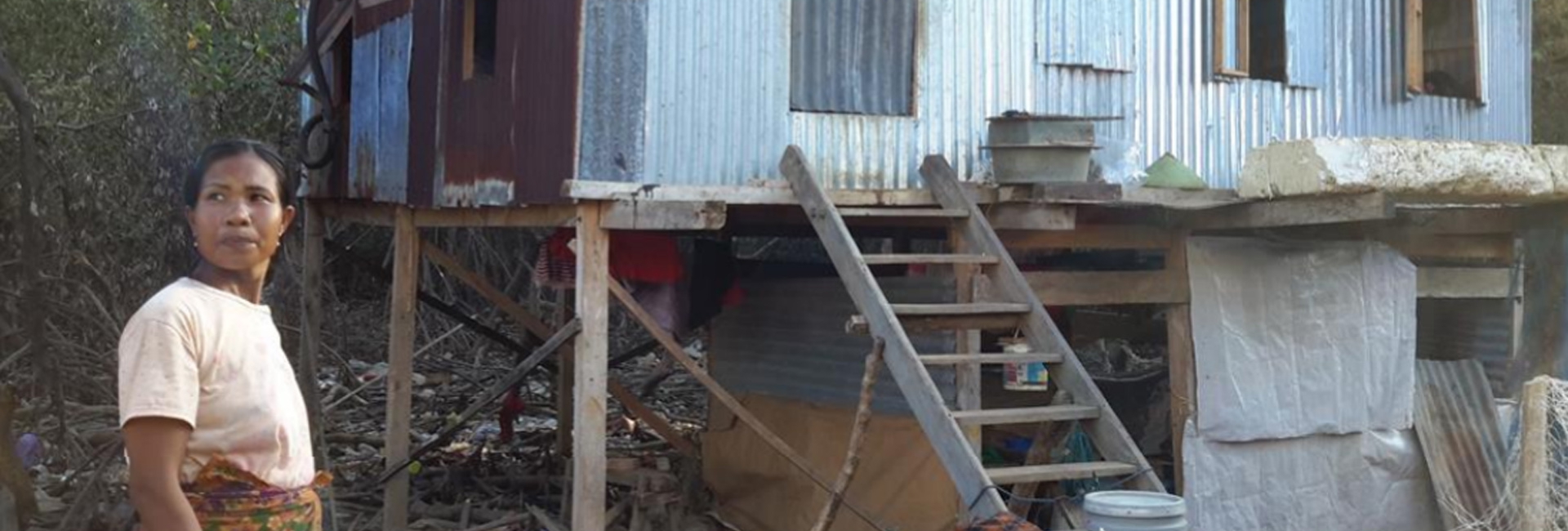Background
This study is part of the 2014–2020 longitudinal study series on the lives of poor women in Indonesia across MAMPU’s five thematic areas:
- improving women’s access to government social protection programs;
- increasing women’s access to jobs and removing workplace discrimination;
- improving conditions for women’s overseas labor migration;
- strengthening women’s leadership for better maternal and reproductive health; and
- strengthening women’s leadership to reduce violence against women.
SMERU has conducted the baseline study in 2014, which provides a preliminary picture of lives of poor women in relation to the said areas. Then the midline study was completed in 2017, which documents the changes in access to services in poor households between 2014 and 2017. The endline study will measure MAMPU’s contribution in improving poor women’s access to government programs and services.
The endline study builds on the results of the midline study to analyze changes that occured at the village level. The midline study found consistent and widespread increase in access for poor households in two areas: social protection programs and reproductive health and nutrition services. Meanwhile, changes in access to other services, such as protection for home workers, migrant workers, and women victims of violence were more varied. According to the midline study, there were significant changes in the kabupaten (districts) where MAMPU partners were working on the issue.
Based on the findings from the midline study, we will explore more closely the differences of changes in access to services in poor households in villages where MAMPU works and villages that are outside of MAMPU’s work area. The endline study will not only record the changes, but also reveal the correlation between the demand and supply providers of the services, and MAMPU’s influence on both aspects.
Objective
This study aims to:
- evaluate the socioeconomic conditions of poor women and their households
- assess the changes of poor women’s access to basic services following the 2017 midline study
The study will address the following research questions:
- What are the major changes that have occurred in poor households’ access to key government services throughout the midline to endline studies (2017–2019)?
- What are the factors that have contributed to these changes and how did they transpire?
Methodology
This study will use a mixed-method approach with the quantitative method leading the analysis. The qualitative method is used to identify factors that could explain the observed changes experienced by the poor women, both from the demand and the supply sides. The study will explore the dynamics of collective actions performed by the poor women, how MAMPU’s partners play their role, and how such role would affect the women’s access to public services.
The endline study will retain the same respondents surveyed in the baseline and midline study. Data from the midline study will be used to analyze changes that occured at the village level.
Video
Advisor
Coordinator
Team Member
Status
Completed
Completion Year
2020
Project Donor
Cowater International Inc.-DFAT
Type of Service






